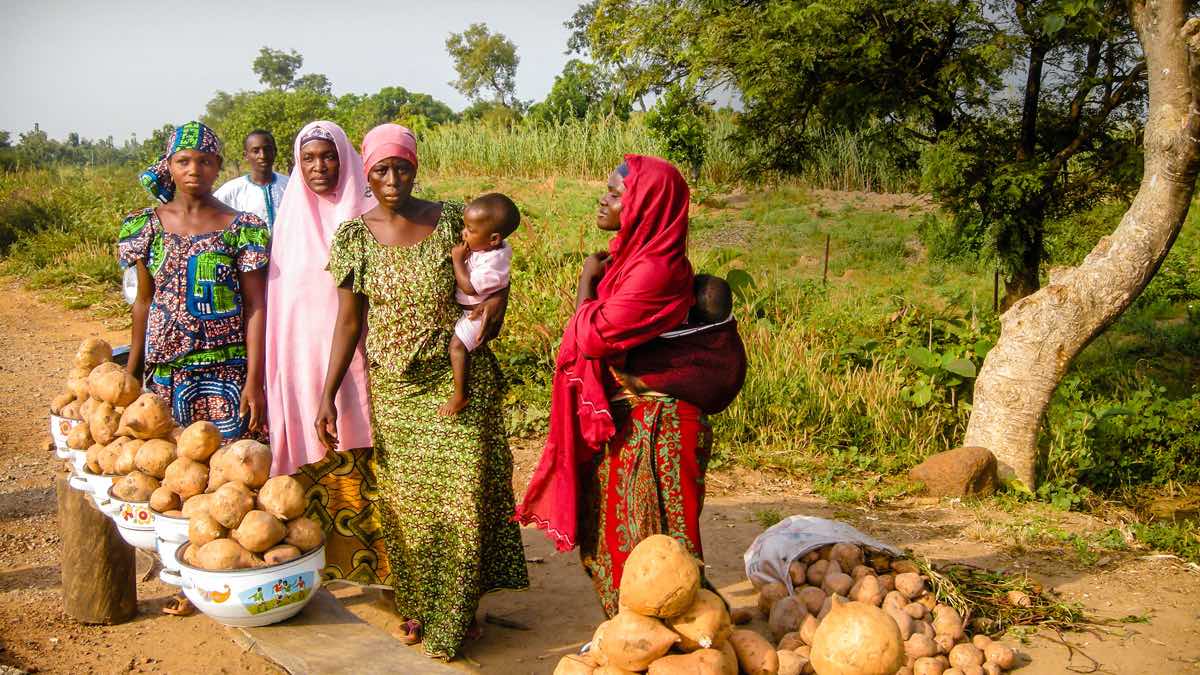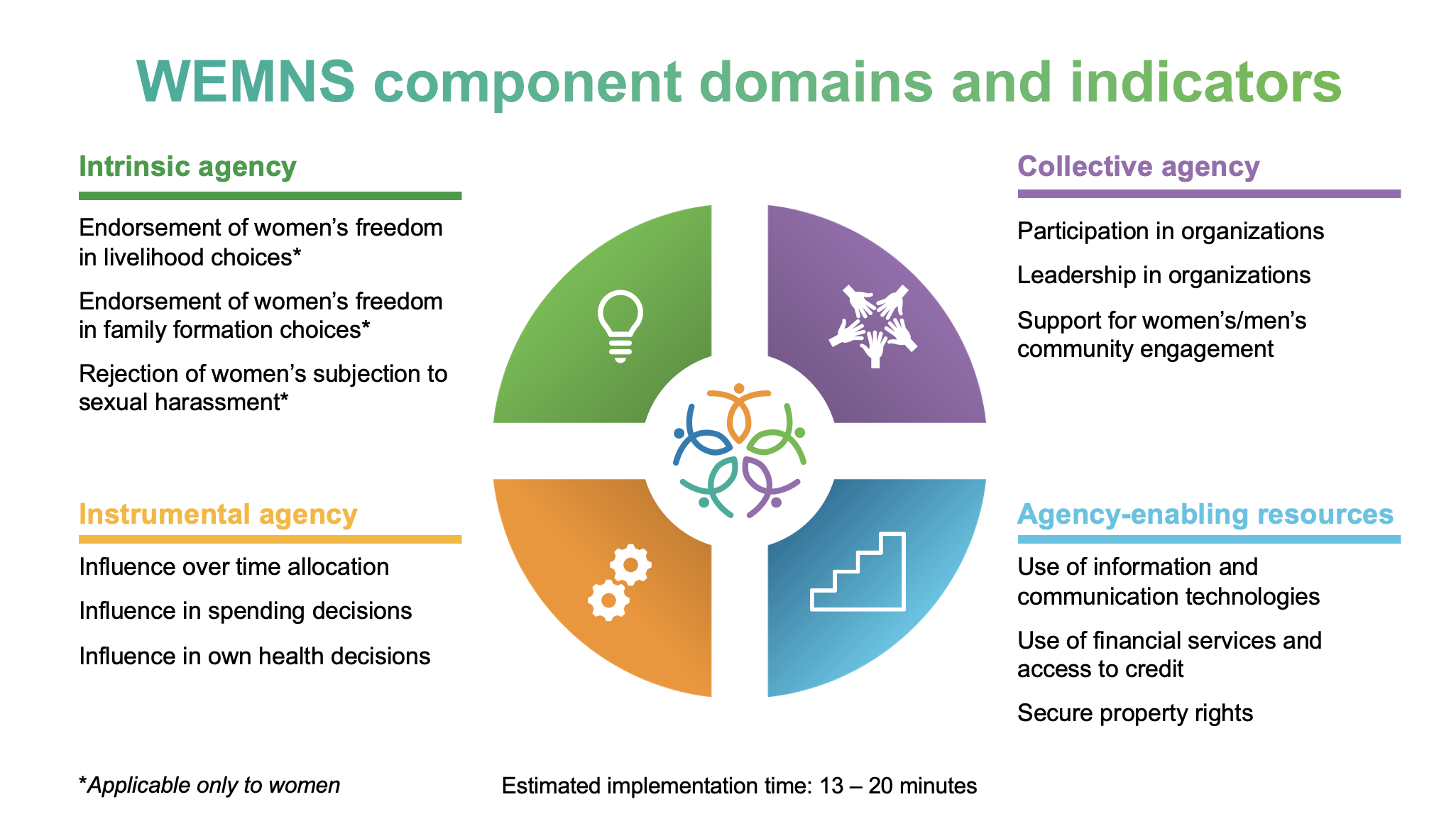What is agriculture’s potential to reduce poverty and promote economic development in Africa? IFPRI convened a panel of experts on October 9 to discuss key findings from a new book, “Strategies and Priorities for African Agriculture,” that tackles this question.
The panel included Xinshen Diao, an IFPRI senior research fellow and the book’s lead editor, Jeff Hill from the US Agency for International Development’s Bureau for Food Security, and Karen Brooks, director of the CGIAR Research Program on Policies, Institutions, and Markets. It was moderated by Ousmane Badiane, director of IFPRI’s West and Central Africa Office.
More information
Order/download the book
Video of the seminar
The book provides timely analysis intended to inform African development strategies, especially as they relate to the Comprehensive Africa Agriculture Development Programme (CAADP). As Diao explained, agriculture-led growth has the largest impact on reducing poverty rates in Africa. Food staple growth, in particular, has a strong link to economic growth and poverty reduction.
In addition to describing agriculture’s unique ability to reduce rural poverty and boost national growth in Africa, Diao examined the rate of return to public investment in the sector. She cited research showing that agricultural investment yields high economic returns. She used Rwanda, where a one million dollar increase in agricultural investment yielded more than three million dollars of returns to GDP, as an example.
So what is the path forward for agricultural growth in Africa? Hill reiterated the important role that agriculture plays as African leaders design and implement national strategies. He urged these leaders and researchers to push further on the agricultural modernization agenda and translate these strategies into practical arrangements that would take regional dynamics into account. He also suggested that policy recommendations should be synchronized with a social protection agenda to encourage resilience and equitable growth.
Brooks noted the policy relevance of the book, and joined Hill encouraging the researchers to bring the work to the next round by analyzing what has happened since this research was conducted, what we have learned, and to move forward with our partners.







